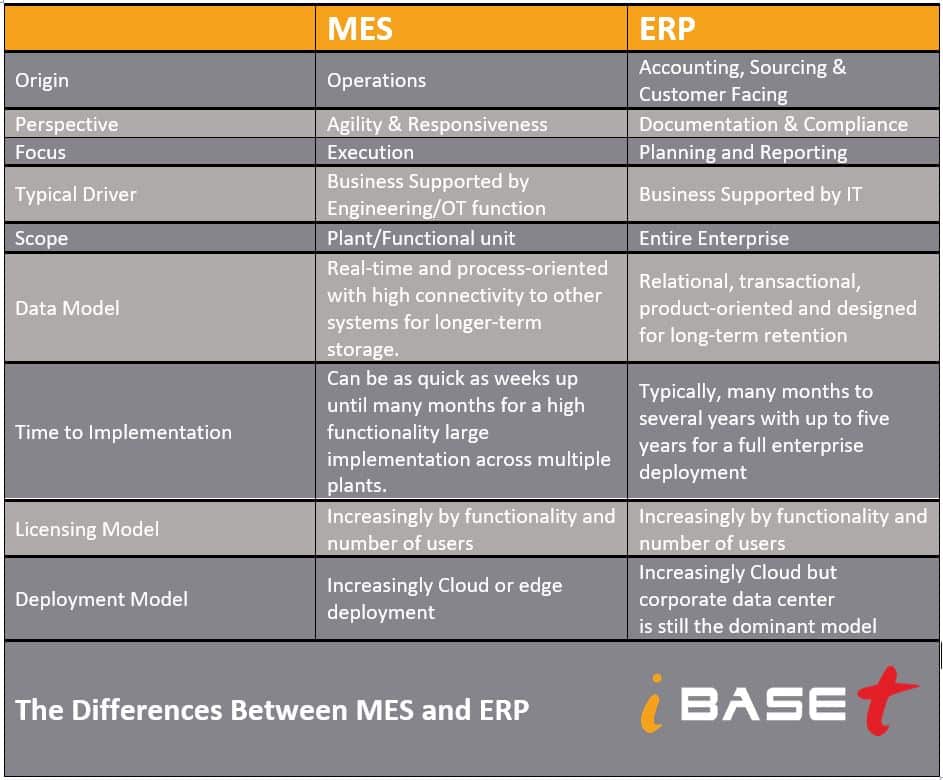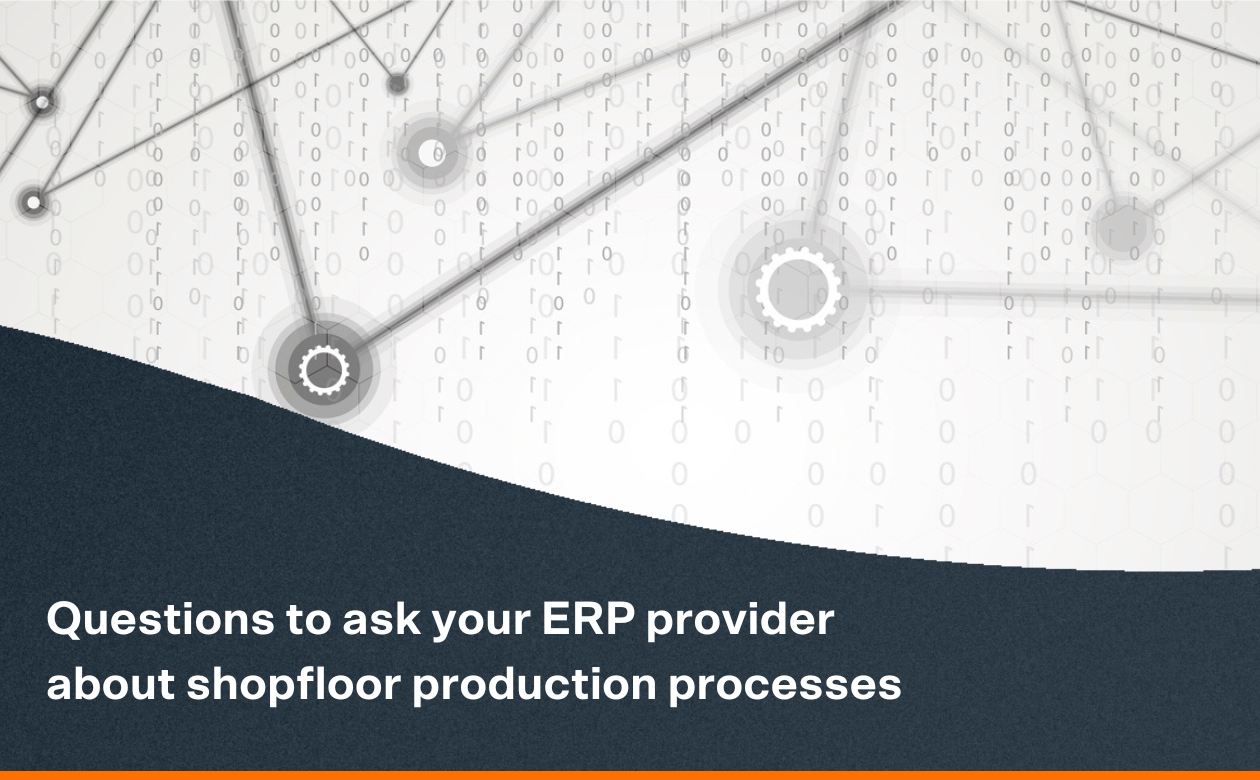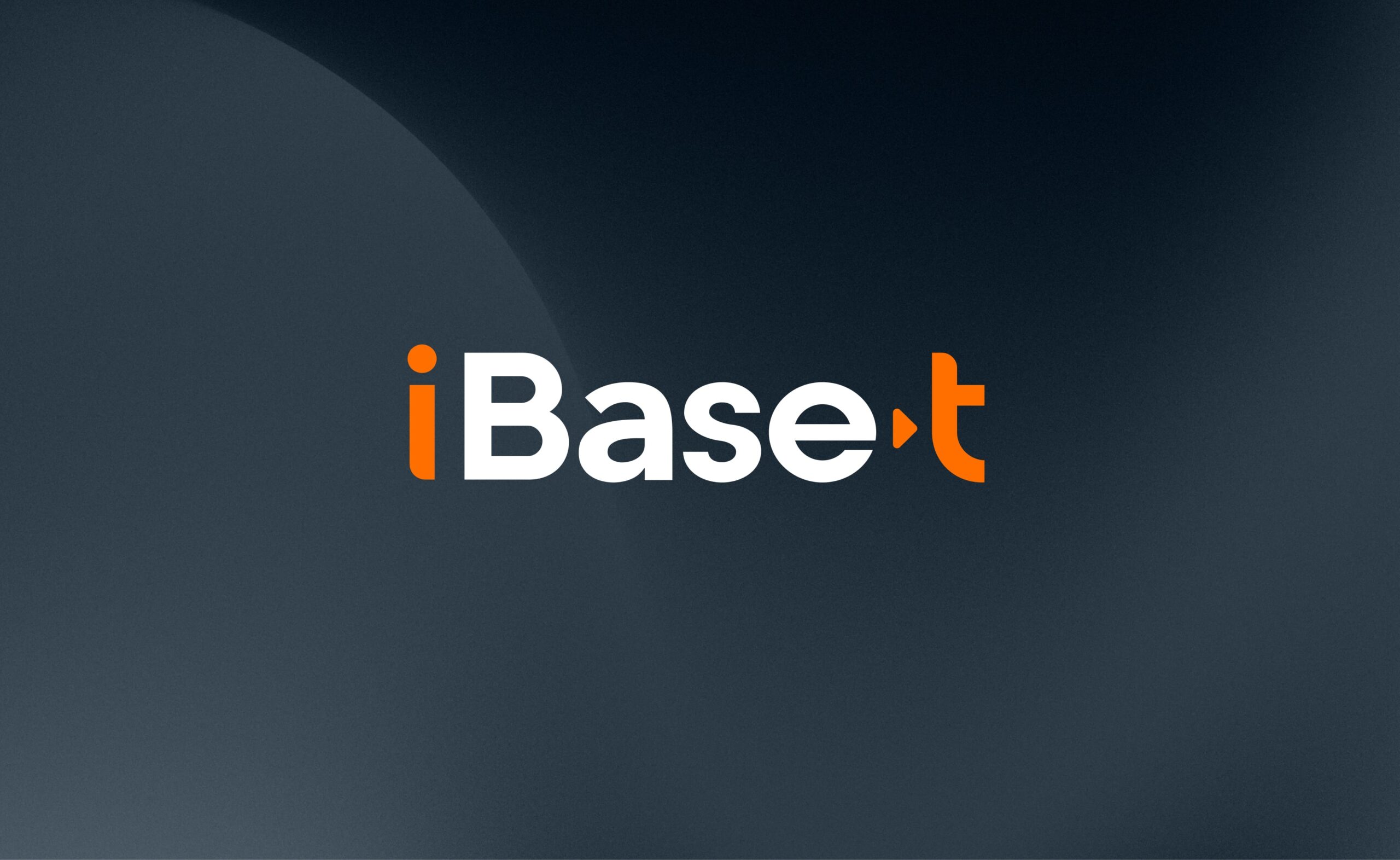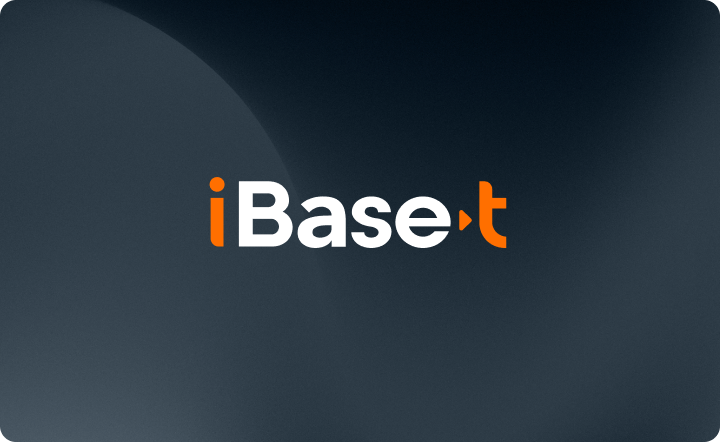While all manufacturers are straining in the current environment due to COVID pandemic-driven supply chain and labor scarcity issues and the growing impact of inflation on the economy, small and mid-sized business (SMB) manufacturers are being hit particularly hard. Since many of the SME manufacturers sit within a value train of a tier-one OEM, they also are being pressured by those OEMs who are being hit with the same issues but looking to offload the pain onto their suppliers. It is no surprise that technology that promotes digital transformation then is growing faster in manufacturing than at any time in almost a quarter of a century since Y2K drove massive investment in new business systems. The primary beneficiary then was the ERP system. As more data is available from operational equipment thanks to the IIoT (industrial internet of things), every vendor from process control companies to Manufacturing Execution Systems (MES), quality systems, maintenance systems, and ERP suppliers are arguing that your digital transformation will be best driven by investment in their software.
Recently the research firm Third Eye Advisory, where I am a research partner, conducted a survey of over two thousand global businesses of which 400 were manufacturing companies. Manufacturing respondents were equally split between IT and business leaders. When asked to rank which application areas most contributed to their digital transformation efforts, MES was listed as either the top or second most important solution, easily eclipsing ERP which was ranked at less than half that. “MES/MOM solutions” was listed in the “top 5” category by almost 2/3 of the respondents, again more than every other category including Quality, PLM, and CRM which were the next most impactful categories selected.
Software Options Seem Overwhelming
Most mid-sized manufacturers have either an accounting package or a full-blown ERP. Few have a comprehensive MES package, and many rely on a basic shop floor control solution or paper or spreadsheet-based alternatives. Trying to figure out which software will help you to best improve plant operations may seem overwhelming given the fact that so many solution providers are promoting their ability to deliver process planning and execution capabilities. Almost every ERP provider has either developed or acquired a complimentary MES package to bolster their capabilities. A similar situation is happening in the MES and control space as automation companies that have had MES solutions for a long time are now adding ERP functionality to their portfolios. And, there are still independent best-in-class MES providers that have retained their singular focus on manufacturing operations, particularly in specialized industries.
The Differences Between ERP and MES
As manufacturers try to decide where to invest in what are increasingly becoming tighter financial resources, many are trying to decide should they upgrade or replace aging ERP applications or invest in a modern MES solution. ERP suppliers, particularly those with distinct MES packages as opposed to a few added shop floor extensions to their core ERP module, typically push for a total systems upgrade touting the ability of an integrated system to radically transform an enterprise. Stand-alone or automation supplier MES providers emphasize their ability to deploy quickly and drive immediate change as their primary advantage. However, the choice is a bit more complex. Understanding the differences can help a manufacturer understand which solution can help them best address their current pain points.

Making the ERP vs MES Decision
Noticeably absent from the above is a discussion of the cost difference. That is intentional in that as suppliers of both ERP and MES solutions have modernized their applications, they have adopted a microservices-based architecture that allows them to offer more modular and flexible pricing options. Generally, an MES deployment will cost significantly less than an ERP deployment because the number of users, functional footprint, licensing costs, and hosting costs are all less.
For the mid-sized manufacturer, most will get the highest return on their investment from investing in an MES to drive their digital transformation efforts. As noted in the introduction, more than a third of manufacturers see MES as the most powerful tool to aid them in their efforts.





